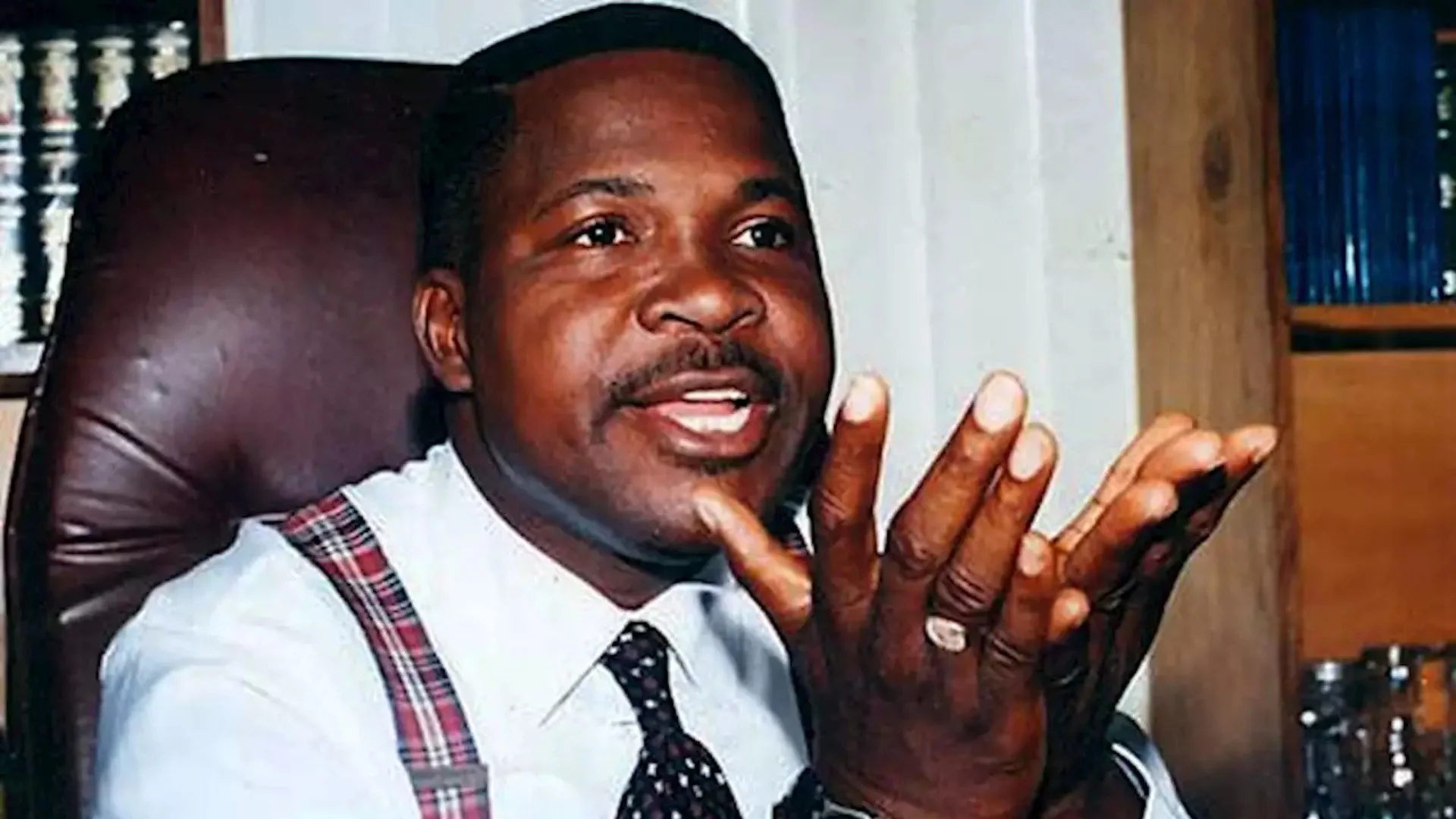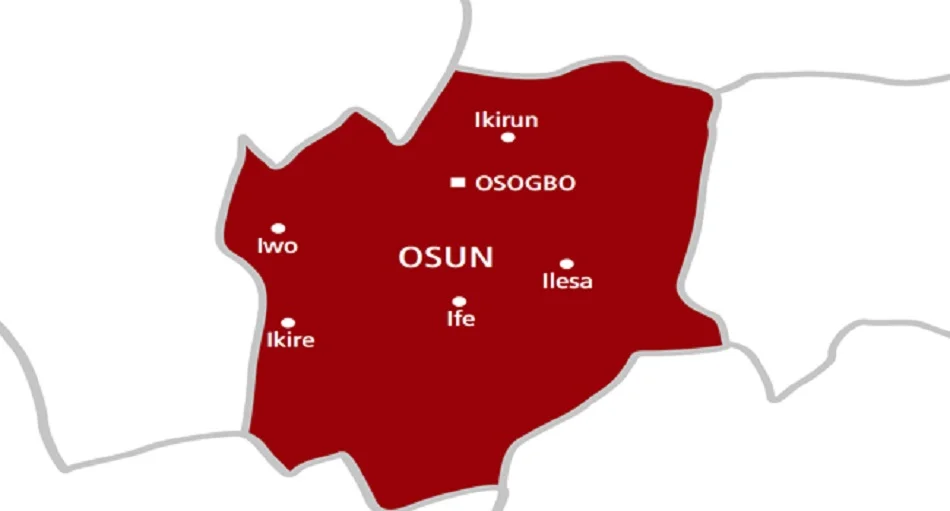A Senior Advocate of Nigeria, Mike Ozekhome, has said it is wrong for the President, Major General Muhammadu Buhari (retd.), to disobey the Supreme Court order on the old naira notes.
The apex court had in an interim order restrained the Federal Government from suspending the acceptance of the old naira notes.
But in a statement on Friday, Ozekhome described the order by the President as a ‘dicta, more in the form of a military Decree’.
The statement partly read, “Buhari, in his broadcast on Thursday, February 16, 2023, unilaterally varied the apex court’s extant order of maintenance of status quo, by directing the CBN Governor to the effect that ‘the old N200 banknotes be released back into circulation…to circulate as legal tender with the new N200, N500 and N1000 bank notes for 60 days…’
“The President then issued a dicta, more in the form of a military Decree, that, ‘in line with section 20 (3) of the CBN Act, 2007, all existing old N1000 and N500 notes remain redeemable at the CBN and designated prints’.
“This order is a clear violation of and disobedience to the existing order of the apex court which had already maintained the status quo ante bellum of all parties involved in the Naira re-design dispute.
“The Supreme Court had on Wednesday, February 15, 2023, after the first interim order, adjourned the suit originally filed by the Attorneys-General of Kano, Kogi and Zamfara states (other interested parties were later joined) to February 22, to enable it hear the entire matter holistically.”
The senior lawyer added that Nigerians expected the president to obey the law, adding that by the disobedience of Buhari, he had exhibited the trait of an Emperor and Overlord.
Ozekhome said, “Every Nigerian had expected that the Federal Government would respect this apex court’s position. But President Buhari demurred. He made himself Supreme Leader; an Emperor; Potentate, Mikado and Overlord.
“Buhari’s broadcast to the nation therefore literally overruled the Supreme Court of the land, in a way and manner only a military tyrant could ever contemplate.
“Buhari’s action is a reminder of the apocryphal saying of autocratic and despotic Emperor Louis XIV, who, on 13th April, 1655, stood in front of Parliament and imperiously declared, ‘L’Etat C’est Moi (I am the State)”. This was to underline the fact that he and he alone, had absolute power over his Nation.’”
Ozekhome said apart from being a direct assault on the apex court, Buhari’s order could lead to chaos and anarchy.
He said, “Buhari’s imperious order was a frontal call to chaos, anarchy and national upheaval. It was a direct assault on the authority of the Supreme Court, the highest court of the land; and also the head of the entire Judiciary, the 3rd arm of government under the doctrine of separation of powers, most ably popularized in 1748 by Baron de Montesque, a great French Philosopher.
“To have whimsically and capriciously varied the order of the Supreme Court was to pick and choose what order to obey or disobey. This breaches the supremacy of the 1999 Constitution provided for in section 1(1) thereof. It also frontally assaults the provisions of section 287(1) of the Constitution which provides that ‘the decisions of the Supreme Court shall be enforced in any part of the Federation by all authorities and persons, and by courts with subordinate jurisdiction to that of the Supreme Court.’”
Making allusion to the Supreme Court, in the case of ABACHA V. FAWEHINMI (2000) 6 NWLR (Pt. 660) 228 at page 317 E-F, he noted, “’A court order must be obeyed and even if it is a nullity, it has to be set aside on appeal against it. Per NWALI SYLVESTER NGWUTA, JSC (Pp 25 – 25 Paras D – E). See also the locus classicus of GOVERNOR OF LAGOS STATE VS. OJUKWU (1986) 1 NWLR PT. 18, PG. 621.”
He advised the Supreme Court not to allow this slide, since the President in his speech alluded that the matter was before the apex court.
Ozekhome said, “This is one instance where the apex court should bare its teeth and bite. This is more so because President Buhari had himself acknowledged in his speech, the pendency of the matter before the Supreme Court. Surely, no one is above the law; not even President Buhari himself.”





2 Comments